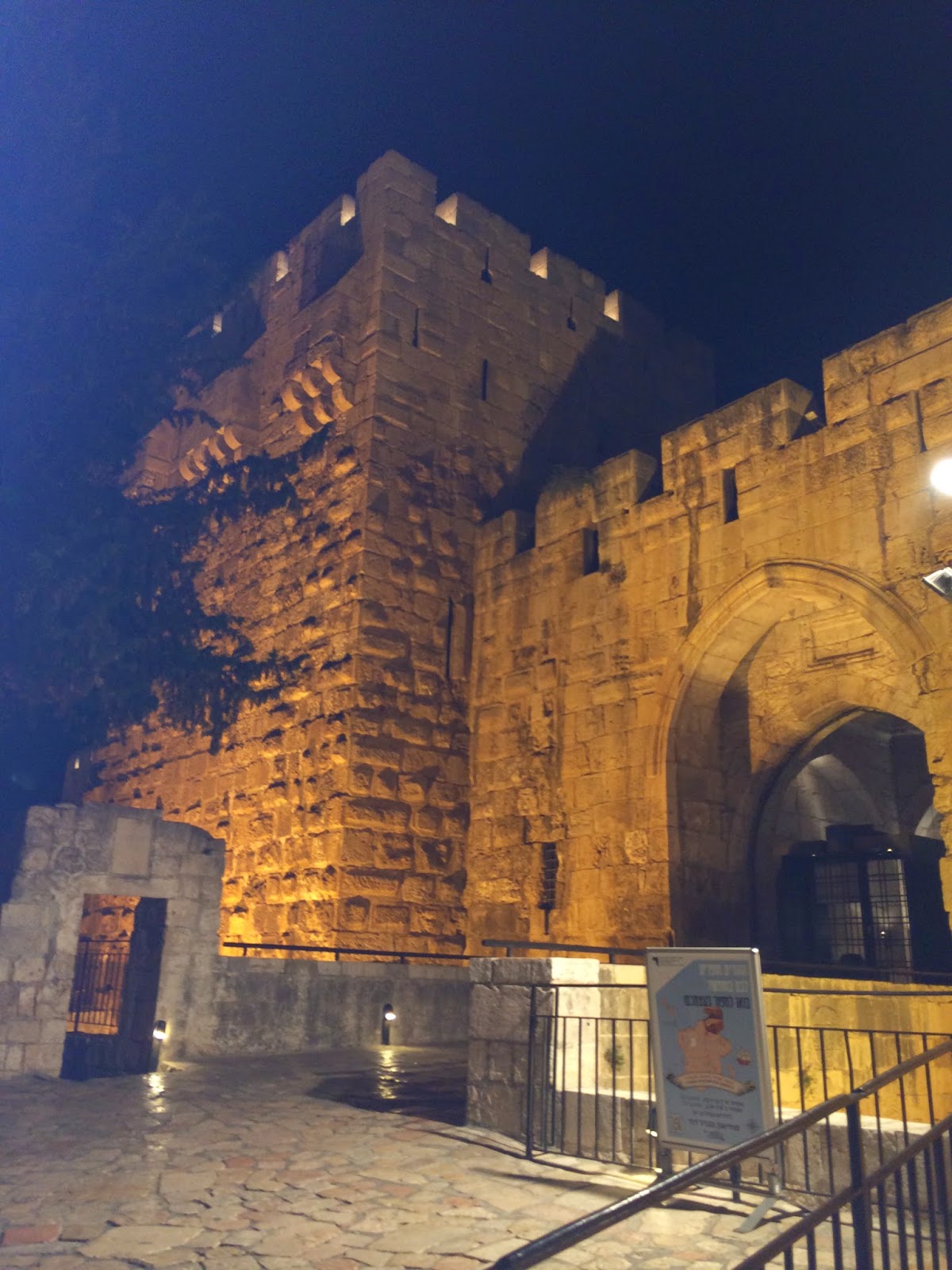Reflections from some of the Onward Israel participants...
Alex Davidson
Senior at University of Maryland
Interned at the Israel-Asia Center
"Spending this summer in Israel despite unexpected turbulence is something I would not trade for anything. Participating in Onward Israel has given me valuable insight into what it really is to be Israeli; to be strong, to be proud, and to live life with great vigor. The level of both professional and personal growth I have experienced in Israel are invaluable."
Chelsea Polaniecki
Junior at Brandeis UniversityInterned at OneFamily Fund
"This summer in Israel was like one giant family reunion, the kind where every step you take you meet another family member whom you'd never had the chance to meet before. You learn about who they are and laugh about your crazy cousin. You realize how a family can be so huge, the size of an entire nation, and yet you can still feel such a strong and innate connection between you and your 'cousin.' Although I do have family living in Israel, this summer I met my 'extended family' so to speak. I met a new side of the Jewish people; a Jewish people in the midst of war. And it was a most uniting and loving experience. As soon as any information of an injured or passed soldier in Gaza was released, heads dropped and tears flowed, everywhere. The soldiers were each someone's brother, son, husband, boyfriend etc and therefore they were everyone's brother, son, husband, and boyfriend. We worried together and we prayed together and we kept each other strong, like any family would. This summer was a hard one, but there was much beauty and love to be found amongst the worries and tears."
Tatiana Hasson
Senior at University of Maryland
Interned at Ethiopian national project
"This summer I learned how unique, fun and inspirational the city of jerusalem is. Jerusalem had always been 'home' in my mind, on a spiritual, religious an ideological level. However, this summer jerusalem turned into my practical, 'real' home as well."
Aaron Rosenberg
Sophomore at Clark University
Interned at Barbara Shaw Gifts
"My most memorable experience I'd have to say was Eilat because we were able to get away from all of the news and chaos of the war and just relax by the Red Sea for a few days. It also was so amazing to travel across the country with the great friends I've made!"
Doreet Nagatti
Sophomore at Worcester Polytechnic Institute
Interned at Alyn hospital
"Israel made me strong. Seeing the resilience of the Israelis after every misfortune, going on with their lives as usual, really inspired me. No matter what, life always goes on. Am Yisrael Chai"
Zack Filkoff
Senior at Emerson College
Interned at Nefesh B'Nefesh
"Living in Israel has shown me how important it is to do something meaningful with my life because here in Israel, everyone is doing something to contribute to a better tomorrow. Not just for themselves but for their home, their country, and for the world"
Elior Anina
Junior at Worcester Polytechnic Institute
Interned at Made in JLM
"A summer abroad in Israel was a once in a lifetime experience. I embraced the diversity and culture of this beautiful country. I really enjoyed living in Israel for the summer even during a time of war. One thing that really inspired me was the Israeli mentality that life goes on no matter what the circumstances."






.JPG)































